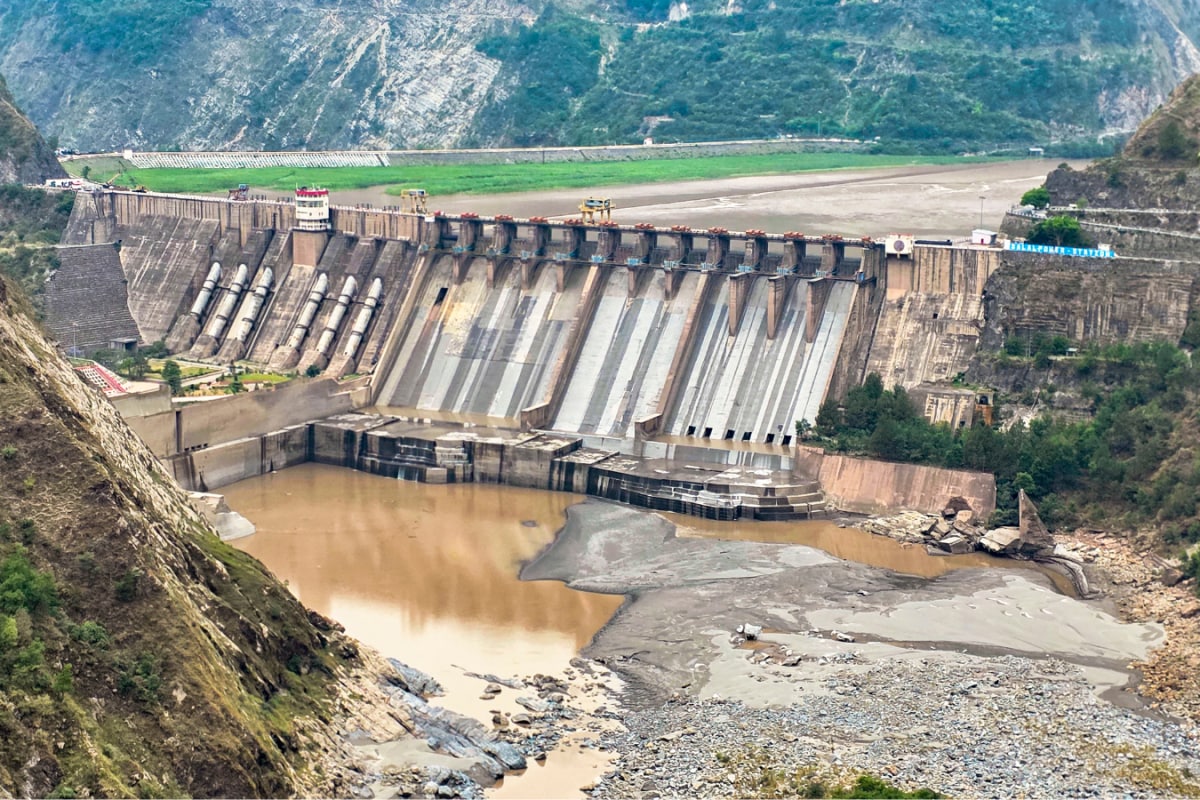

Following the suspension of the Indus Waters Treaty (IWT) by India after the April 22nd terror attack in Pahalgam, three regions within Pakistan are reportedly experiencing a significant drop in river flow, estimated at around 20%. This reduction is primarily attributed to India's cessation of water release into the rivers that flow into Pakistan, a move perceived as retaliation for the aforementioned terror attack. The impact of this action is far-reaching, affecting agriculture, hydropower generation, and the daily lives of millions who rely on these water resources.
The Indus Waters Treaty, brokered by the World Bank in 1960, has historically governed the distribution of water from the six rivers of the Indus Basin between India and Pakistan. Under the treaty, India has control over the three eastern rivers (Ravi, Beas, and Sutlej), while Pakistan has rights over the western rivers (Indus, Jhelum, and Chenab). While the treaty has weathered numerous conflicts between the two nations, the recent suspension marks a significant turning point, raising concerns about regional stability and the potential weaponization of water resources.
Data indicates a sharp decline in water levels, with outflow at the Marala Dam, a key regulation point on the Chenab River after it enters Pakistan, showing drastic fluctuations. For instance, the outflow dropped from 14,800 cusecs (cubic feet per second) at the time of the IWT suspension to as low as 3,761 cusecs within a few days. These fluctuations and overall reduction in flow are disrupting irrigation schedules and threatening crop yields, especially during the critical Kharif season.
The situation has prompted a strong response from Pakistan, with officials expressing deep concern over the potential humanitarian and economic consequences. Pakistan's Ministry of Water Resources has formally appealed to India to reconsider its decision, warning of devastating impacts on agriculture, hydropower, and the livelihoods of millions dependent on the Indus basin waters. This appeal emphasizes that ordinary citizens, not policymakers, will bear the brunt of the water shortage, effectively terming the suspension as an "attack on the people of Pakistan".
Meanwhile, India appears to be firm in its stance, with External Affairs Minister S Jaishankar stating that the suspension will remain in place until Pakistan credibly and irreversibly ends cross-border terrorism. This position reflects a broader policy shift under Prime Minister Modi's doctrine that "water and blood cannot flow together," indicating a willingness to use water as a strategic tool in response to perceived threats. Furthermore, India is accelerating plans to construct canals and tunnels to divert excess water from the western rivers to its own states, aiming to fully utilize its share under the IWT and reduce surplus flow to Pakistan. This long-term strategy suggests a fundamental change in how India views and manages the Indus water resources, potentially leading to prolonged water scarcity in Pakistan.